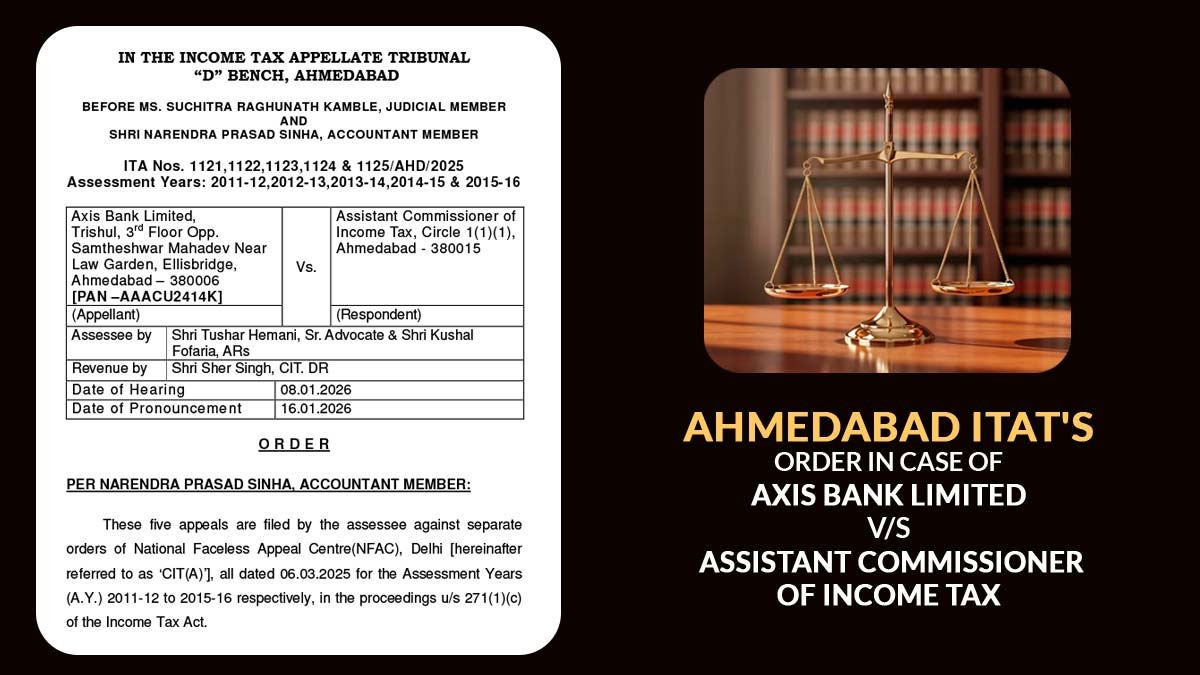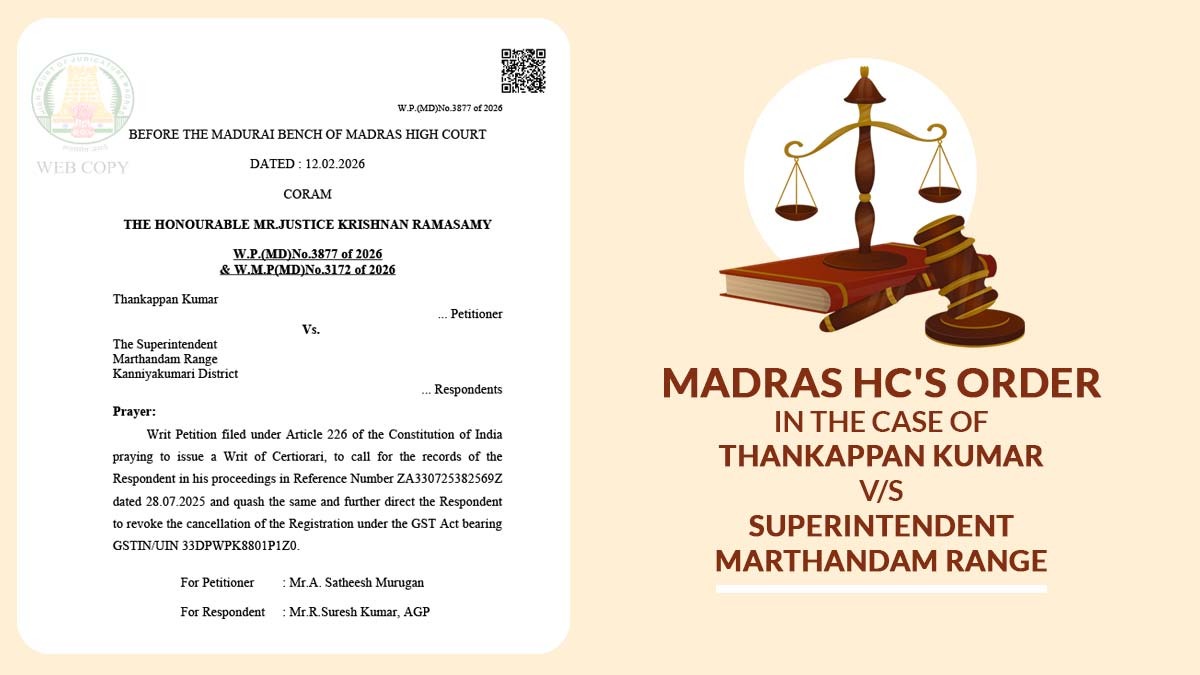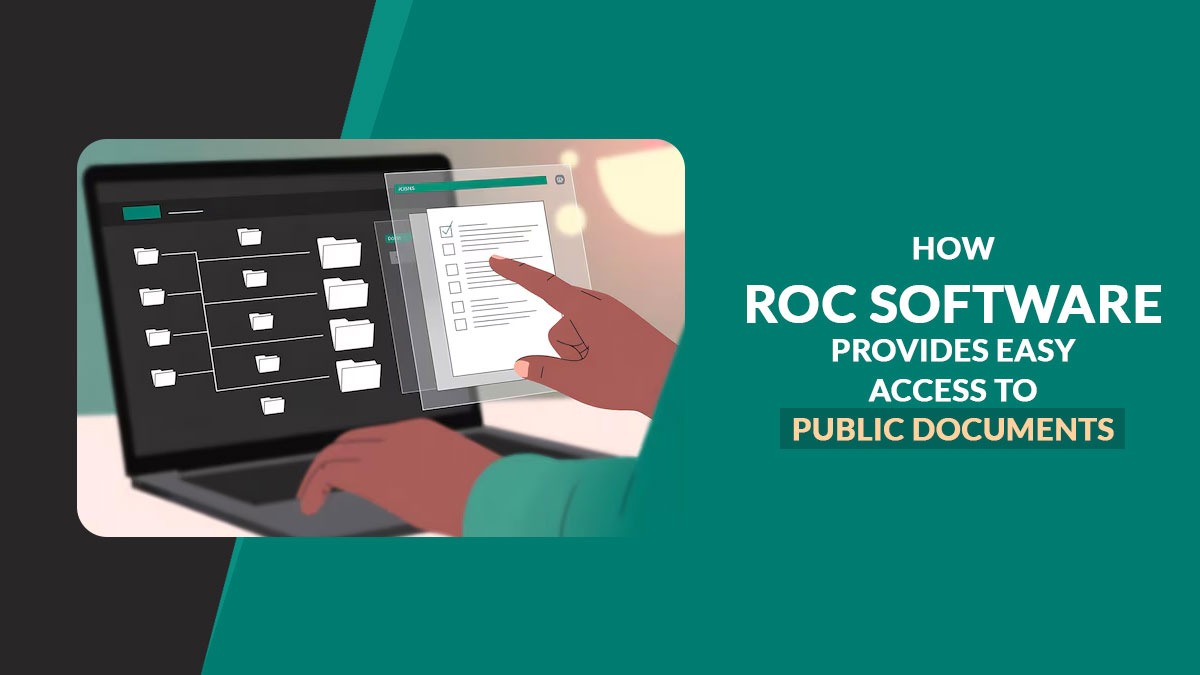The recent announcement from the Reserve Bank of India has come as a major relief for the medium and small enterprises sector of India. The RBI announced that those medium and small enterprises whose cash flow was hit by GST can take additional 60 days to pay their dues to the banking and non-banking institutions in the country.
This extension is only applicable for dues between September 2017 and January 2018 and only if the due amount is not more than 25 crore. The borrower must also be a valid GST registered business with a standard account as on August 31, 2017. Banks will not have to downgrade assets of these MSMEs for the time being.
MSMEs Definition Changed Under GST
A newer amendment comes into picture for the MSMEs as classifying them on the basis of annual turnover. Now the micro enterprises would be under with the annual turnover of INR 50 million. While small companies would be now having an annual turnover of INR 50 million to INR 750 million. Medium enterprise thus comes under the bracket of INR 750 million to INR 2.5 billion annual turnovers.
This new change will be determinant for the MSMEs to with synced with the Goods and service tax scheme while making overall provisions and norms to be in line with the newer tax regime.
“The amount from the borrower overdue as on September 1, 2017, and payments from the borrower due between September 1, 2017 and January 31, 2018 are paid not later than 180 days from their respective original due dates,” the RBI said.
The Goods and Services Tax (GST), which was launched in mid-2017, had an impact on almost every sector of the economy. The government, as well as the businesses, are still managing the after-impacts of GST. In a bid to make it easier for the small and mid-sized businesses, the government has made this move to relax the due payment timeline for additional 60 days.
The general due payment timeline for banks and NBFCs is 90 days and 120 days respectively. Beyond that period, the loan accounts are classified as non-performing asset (NPA) by the respective lenders. However, the RBI has asked lenders to give a relaxation to those accounts whose holders were affected by the GST. The provision is expected to be reversed when the overdue amount falls back in line with the normal due payment timelines.
As per the reports, GST has adversely impacted the growth and cash flow of a significant number of businesses in India, especially of the smaller business entities. Because of this, many such businesses were unable to meet their payment obligations towards banks and financial institutions.
“The forbearance allowed to MSME borrowers, broadening the definition of priority sector lending and simplification of repo directions among others are all positive steps towards a stable macro environment,” said SBI Chairman Rajnish Kumar.
The step was also taken in an attempt to improve the asset quality which degraded a lot due to demand and liquidity issues after demonetization and GST implementation.
Dinabandhu Mohapatra, MD & CEO, Bank of India, said, “The forbearance given to MSMEs supplements the favourable tax treatment accorded to this segment in the Union Budget.” He further added, “The forbearance on NPAs will go a long way towards improving their cash flows and will in turn help banks in managing delinquency levels. Besides, removal of the current cap of MSMEs will help banks seamlessly increase their priority sector lending portfolio.”
The RBI has also hinted that it may soon remove the loan limits on borrowers in the MSME segment, which is Rs. 5-10 crore at present. It means all bank loans will be given on priority without any credit limits.










